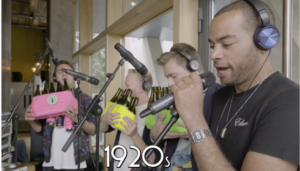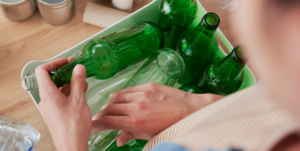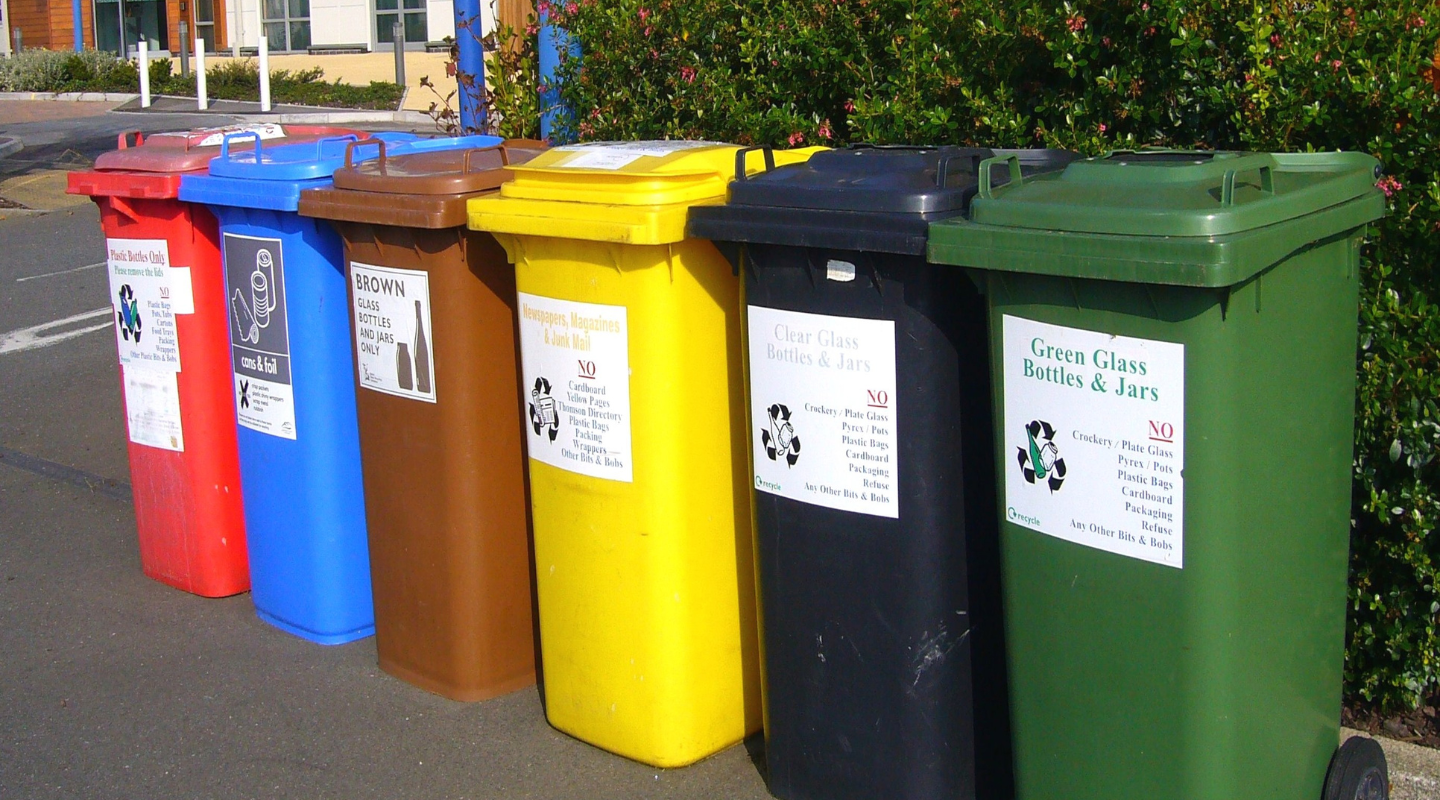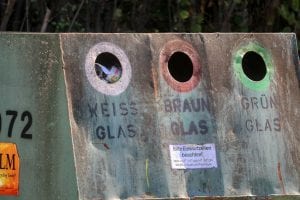But although you might be committed to breaking down your cereal boxes and making a weekly trip to the bottle bank, how much do you really know about recycling? Read on to find out…
1. Let’s start with the basics: glass is entirely, endlessly recyclable. That means that there’s no limit to how many times it can be recycled without losing any of its original qualities. Your great-great-great grandchildren could be pouring water from the same material which you once used for olive oil. How cool is that?
2. Recycling is an easy way to boost your green credentials: each time a bottle or jar is recycled into new containers, energy and raw materials are saved and less CO2 is emitted than if we were to make a glass bottle from scratch. And that’s not all: by making recycling a habit, you’re helping to keep the environment clean by making sure your household waste doesn’t end up polluting nature or piling up in landfill.
3. Thanks to glass recycling, over 12 million tons of raw materials are saved every year.
4. Here in Europe, we’re none too shabby at recycling: latest figures show that 7 in every 10 bottles are collected for recycling, thanks to a curbside infrastructure system which sees thousands of bottle banks installed in supermarket car parks and street corners across the continent.
5. Even better, most of these bottles close the loop as they go straight back into a bottle-to-bottle production system. While this shows that we’re getting there, there’s still a way to go before we hit 100% recycling across Europe!
6. Start by separating: before dropping them in the bottle bank, it’s helpful to separate glass according to whether it’s coloured or white glass so that it can be used to make new glass packaging of the same colour. Don’t forget to also separate glass from other accessories, like corks and caps. Thanks to your help in bringing it back, the used glass will become an important resource for new production.
7. Likewise, just because it’s made from glass doesn’t mean it belongs in the bottle bank. For example, some glass containers used for cooking, old glass tableware, objects made from crystal and mirrors can’t be recycled along with regular glass packaging, as they contain ingredients that can spoil the quality of the whole recycled glass batch.
8. When it comes to glass, you might know that you can recycle your jars of pasta, empty beer bottles and olive oil containers – but did you know that your perfume and cosmetics containers are also recyclable, if they come in glass containers? All glass flacons for perfumes, cosmetics and medicines can all be recycled in the bottle bank with regular glass bottles and jars.
9. You may have seen the ‘Green Dot’ logo below on a number of everyday packaging items… but do you know what it really means? It doesn’t necessarily mean the packaging can be recycled – it reflects the fact that the company has paid into a pan-European recycling and recovery fund. So think twice before throwing that bottle of water into the recycling pile!
10. Recycling one bottle equals lighting a compact fluorescent bulb for 7 hours and 8 minutes.
***
Over to you: tell us, why do YOU recycle?
It’s European Recycling Week! ♻️ Are you doing your part to help the planet? Tell us why below ✏️ #EWWR19 pic.twitter.com/3f8DcgxSFW
— Friends of Glass (@FriendsofGlass) November 21, 2019









